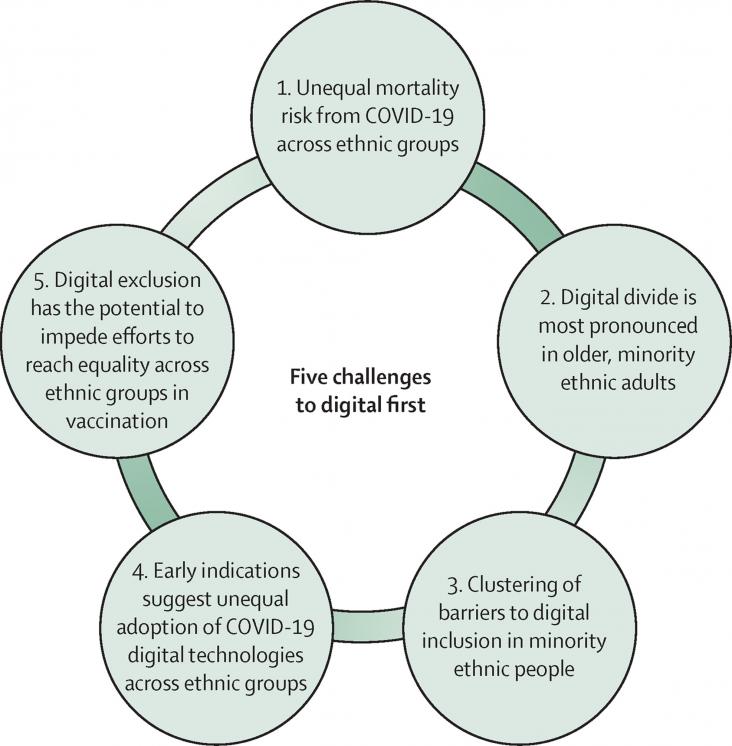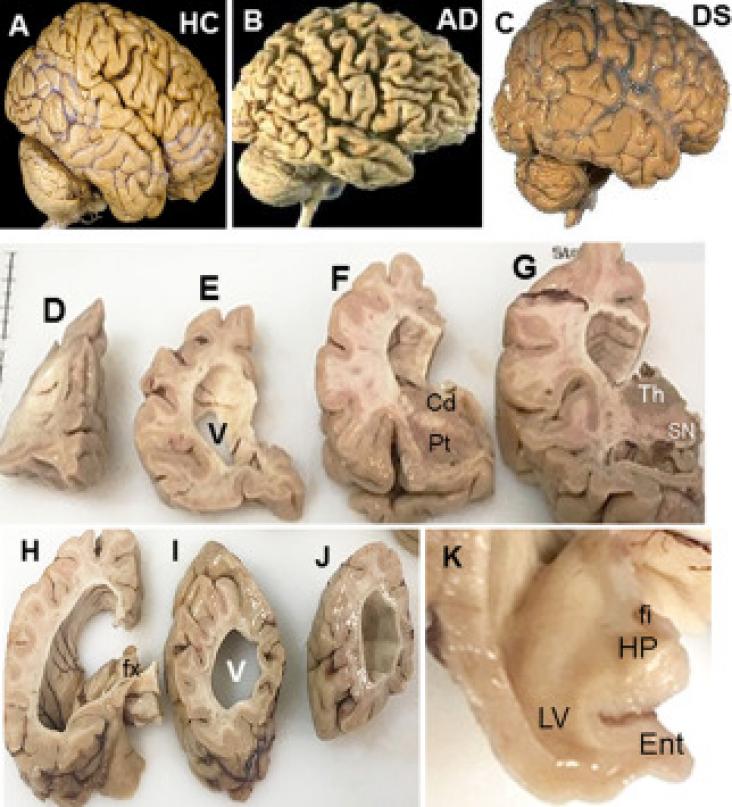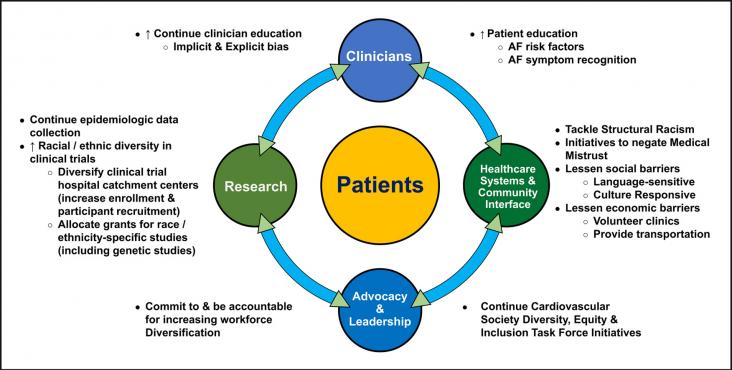The neurological contributions to the consensus diagnosis for the presence of dementia in DS rest on characterization of the nature, magnitude, and the course of cognitive decline. The goal of SDG target 3.8 is to achieve universal health coverage, including financial risk protection, access to quality essential health-care services and access to safe, effective, quality and affordable essential medicines and vaccines for all

This Comment supports SDGs 3 and 10 by discussing the UK's reliance on digital technologies during the COVID-19 pandemic. Although a digital-first policy aims to reduce health inequalities, challenges such as low usage of the internet and low uptake of digital COVID-19 technologies among older, minority ethnic groups, could mean that the strategy instead reinforces the unequal effects of COVID-19.
Race-based assumptions in biomedical journal articles.

Describes features of the Down Symdrone brain suggesting that structurally and biochemically there are important differences pre- and postnatally relative to neurotypically developing brains. The goal of SD target 3.7 is to ensure, ensure universal access to sexual and reproductive health-care services, including for family planning, information and education, and the integration of reproductive health into national strategies and programmes

This article highlights the underrepresentation of racial and ethnic populations in atrial fibrillation clinical trials, especially trials focused on stroke prevention. Specific strategies are proposed for future research and initiatives that have potential to eliminate racial and ethnic differences in the care of patients with atrial fibrillation.
This Research Paper supports SDGs 3 and 10 by investigating the contribution of multiple long-term conditions to the widening inequalities in disability-free life expectancy by socioeconomic deprivation.
Correspondence on the factors behind low COVID-19 immunisation coverage among marginalised communities in Latin America and the Caribbean, in the context of SDGs 3 and 10, highlighting the need to consider the specific circumstances of Indigenous communities in the development of national COVID-19 immunisation campaigns.
An article on the detrimental effects of COVID-19 isolation on the cognitive and mental health of people with dementia, in the context of SDGs 3 and 10, highlighting the need for guidance that balances infection control measures with principles of non-maleficence to appropriately care for this patient group.
The chapter advances SDGs 3 and 10 by exploring the barriers that historically marginalized communities experience as a result of disproportionate policing, safety and security issues, and neighborhood othering and belonging. It concludes by making the case for why transportation planners must consider race and racism explanatory factors in travel and why race-neutral planning processes exacerbate disparities.
Objectives: This study explored midwives' and Jordanian and Syrian women's perceptions towards family planning (FP) counseling and the process of FP decision making mechanism to provide evidence for e
